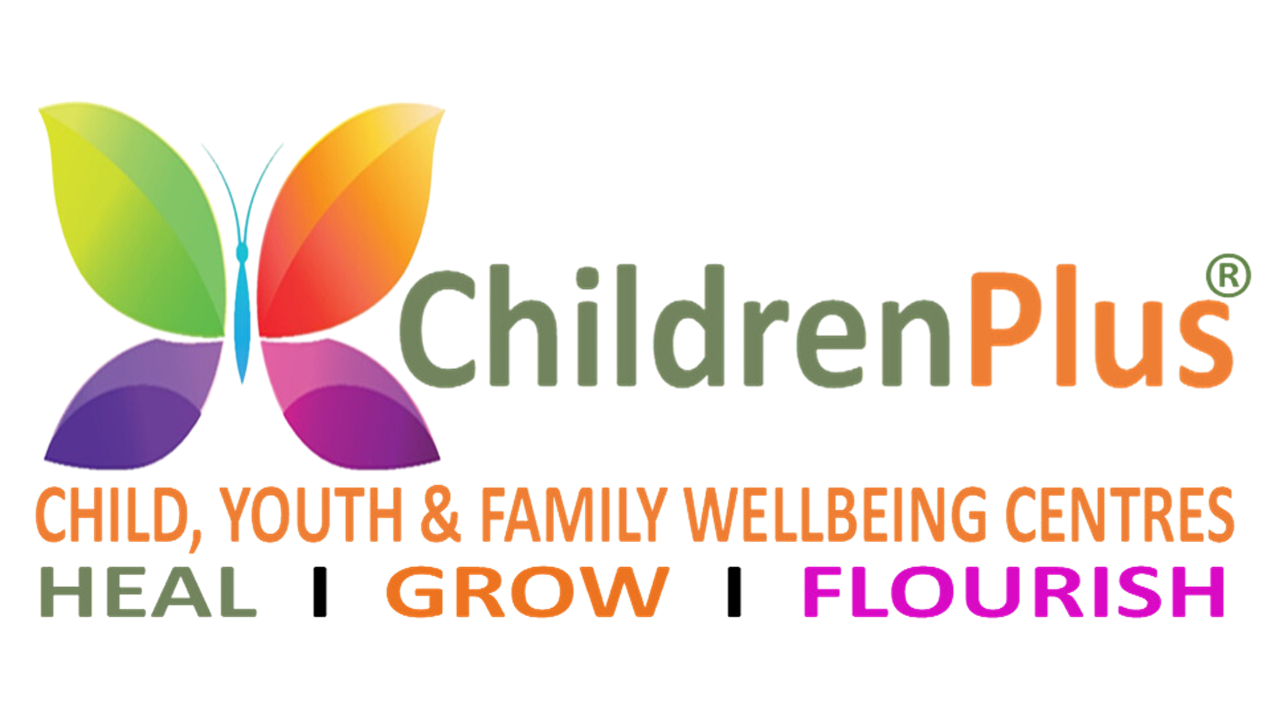Revolutionizing School Counselling: Embracing AI for Enhanced Mental Health Support
On April 8th, 2025, ChildrenPlus hosted its inaugural School Counsellors and Educators Summit at the India Habitat Centre in New Delhi. This impactful event brought together over 100 school counsellors, educators, psychologists, therapists, and school principals, all dedicated to child and youth mental health. A highlight of the summit was a presentation by Dr. Amritash Rai, Consultant Child and Adolescent Psychiatrist based in Australia and Co-founder of ChildrenPlus, on the transformative potential of AI tools in counselling.
Dr. Rai, a seasoned professional who trained in Delhi before moving to England and then Australia, shared his extensive experience and insights into how technology can be harnessed to improve mental health support for young people.
Understanding AI and Technology in Counselling
Dr. Rai began by defining AI in this context not as a complex, futuristic concept, but as the use of “smart tools” and computational power to streamline processes, automate tasks, and ultimately make our working lives more efficient. It’s about saving time and making daily tasks easier for counsellors and, by extension, for the students they support.
He highlighted the rapid advancements in AI, acknowledging the potential for both immense benefit and, if not managed carefully, potential pitfalls. The core message was clear: AI is poised to definitely change our work lives for the better, and understanding how to integrate it is key to staying current and effective.
Addressing the Challenges of Technology
Before diving into the benefits, Dr. Rai candidly addressed the challenges presented by technology, particularly smartphones and social media. He emphasized that these represent the single biggest change to our lives over the last 20 years, especially for young people. With a global average of 7 hours of daily screen time, predominantly on phones, and AI algorithms supercharging platforms like Instagram, Snapchat, YouTube, and TikTok, the impact on mental health is undeniable. There’s been a significant rise in internet and phone addiction, correlating with a notable increase in mental health disorders among young people since the advent of the iPhone in 2005-2006.
Practical Applications: AI as a Pain Saver
Dr. Rai stressed that AI does not make you a better therapist; it makes you less stressed and saves you time. He outlined several practical applications, particularly focusing on transcription and note-taking, a common “pain point” for many professionals.
In-session tools like Microsoft Teams and Zoom, often used for virtual consultations, can be augmented by transcription software such as Turboscribe. Even more advanced tools like Sunno, Thali, Heidi (which offers a free version), and Patient Notes can summarize notes for you. For Android users, Live Transcribe is a valuable tool, with similar functionalities available on Apple devices.
Post-session tools include dictation software like Dragon Dictate, which Dr. Rai has personally used for years. Modern tools like Microsoft Word, Google Docs, and even standard Apple and Android record functions now offer robust dictation capabilities.
The Undeniable Advantages
The advantages of integrating these tools are compelling:
- Time-saving: This is the biggest benefit, freeing up valuable time for counsellors.
- Enhanced security: Digital notes are generally more secure than paper notes, reducing the risk of loss or exposure.
- Timely documentation: Notes get done immediately, ensuring accuracy and reducing reliance on memory.
- Improved eye contact: Counsellors can be more present during sessions, making better eye contact with clients instead of scribbling notes.
- Automated phrases: Software can automate repetitive phrases, further streamlining the note-taking process.
- Legibility: No more struggling to read your own handwriting!
Navigating the Pitfalls and Cautions
While the benefits are clear, Dr. Rai also issued important cautions:
- Consent is paramount: Always obtain written consent to record consultations, especially for young people. In a school setting, this would generally involve blanket consent from parents.
- Security risks: Digital notes can be hacked, so robust security measures are crucial.
- Accuracy: Transcription is not always 100% accurate, especially with background noise or multilingual conversations, though technology is rapidly improving. Always read and verify the notes.
- Legal compliance: Always check local organizational, school, state, and country laws regarding data storage and recording, ensuring compliance with regulations like HIPAA.
- Management approval: Discuss the use of AI tools with your line manager and obtain management sign-off to avoid potential issues.
- AI as a helper, not a decision-maker: AI notes are summaries; they should never dictate clinical decision-making.
Dr. Rai concluded by reiterating that not using AI does not make you a poor therapist. The goal is to get counsellors thinking about how they can thoughtfully incorporate AI and technology into their day-to-day work to enhance efficiency and support.
What are your thoughts on integrating AI tools into counselling practice? Share your experiences or concerns in the comments below!

